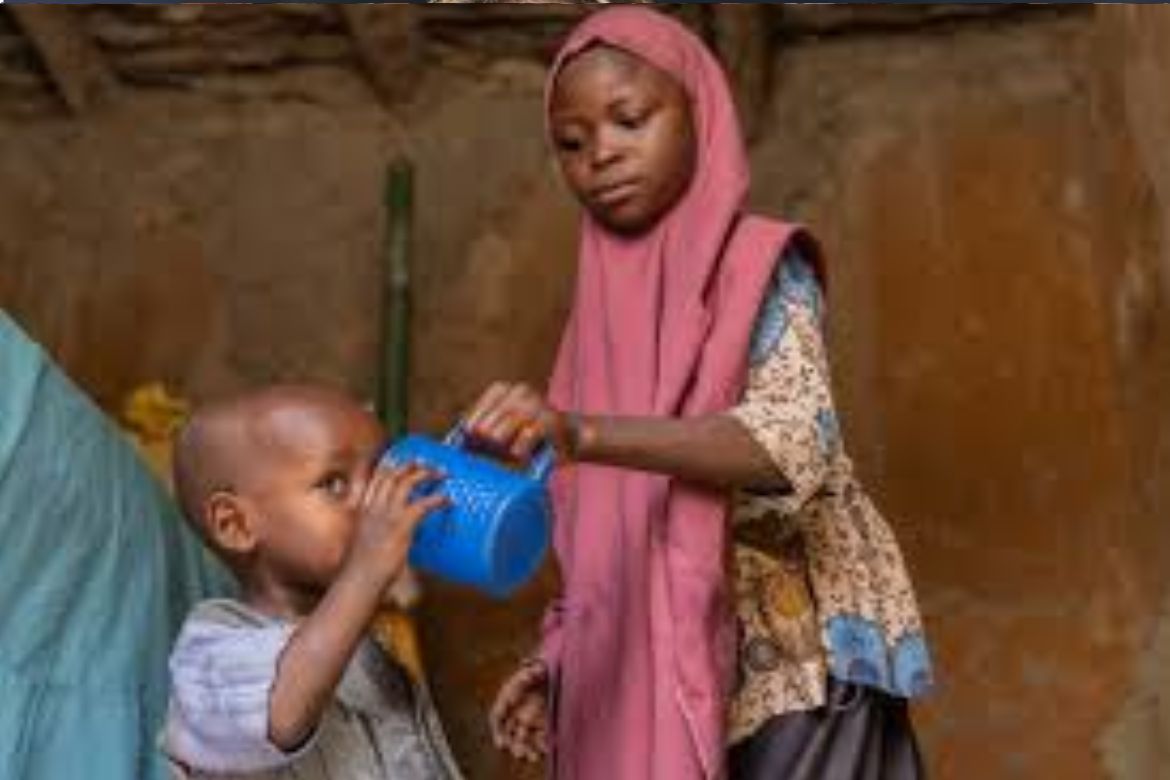Global warming is increasingly putting the health of mothers and babies at risk, with rising temperatures linked to birth complications, food scarcity, and water shortages, scientists warned on Monday. Decades of progress in maternal and newborn health now face serious setbacks due to climate change, marking what experts describe as a critical “blind spot” in climate resilience.
Extreme heat exacerbates food and water scarcity, pushing new mothers to travel longer distances under dangerous conditions. This lack of access to essential resources can lead to poor nutrition during pregnancy, which in turn risks low birth weight for newborns. Jemilah Mahmood, former health adviser to Malaysia’s prime minister and executive director of the Sunway Centre for Planetary Health, noted that working women exposed to heat and stress have double the risk of miscarriage.
Countries with limited maternal healthcare are especially vulnerable, as climate change compounds the challenges already faced by these regions. “Because climate change is a global issue, its most severe impacts are magnified for vulnerable populations,” Mahmood explained to The National.
One study found that nearly half of working pregnant women in India endure unsafe heat levels. Additional research across South Asia showed that a mere 1°C increase in average temperatures correlated with a 4.5% rise in domestic violence cases. Another assessment in 33 countries across Latin America, Asia, and Africa estimated that flooding might account for over 100,000 pregnancy losses annually.
“These findings aren’t just statistics; they reflect real mothers and families affected by the cascading impact of climate change,” Mahmood emphasized. Beyond direct exposure to extreme weather, climate change creates a ripple effect, putting maternal health at risk when resources are scarce, when essential healthcare is interrupted, and when communities are displaced by climate-related disasters.
The new findings were released by Future Earth, the Earth League, and the World Climate Research Programme in advance of the upcoming COP29 climate summit in Azerbaijan, set for November 11. The report also warns that unchecked global warming is affecting oceans, destabilizing the Amazon rainforest, and straining resources critical to sustainable development.
Meanwhile, the World Meteorological Organization (WMO) reported that atmospheric CO2 levels are rising faster than ever, with pollution reaching record highs. The WMO emphasized that CO2 concentrations today echo levels last seen 3 to 5 million years ago, when Earth’s climate was warmer, and sea levels were significantly higher.
“This data should alarm policymakers,” WMO Secretary General Celeste Saulo stated. “We are far off track from the Paris Agreement’s goals of limiting global warming to 1.5-2°C above pre-industrial levels.” The urgency to act grows as climate change continues to endanger the health of mothers, babies, and future generations.
Why This “Blind Spot” Exists
Despite growing awareness of climate change’s effects on human health, the specific impact on maternal and child health remains understudied. This “blind spot” can be attributed to several factors:
- Limited Research: Much of the existing climate research focuses on general public health or the environment, rather than specific population groups like pregnant women and infants.
- Lack of Data: Collecting and analyzing data on pregnancy and infant outcomes related to climate factors is complex and requires coordinated, long-term studies, which are scarce.
- Healthcare Gaps: Climate change exacerbates existing inequalities, particularly in developing regions where healthcare access for mothers and babies is already limited.
- Underrepresented in Policy: Policymakers often overlook the specific needs of this demographic when developing climate adaptation and health resilience plans.
Solutions: Protecting Mothers and Babies in a Changing Climate
Addressing this gap requires a multi-faceted approach to better understand, mitigate, and adapt to climate impacts on maternal and child health:
- Climate-Responsive Healthcare: Governments and healthcare providers should establish protocols that address climate risks for pregnant women and newborns. This includes providing access to prenatal care during heatwaves and ensuring healthcare facilities are equipped to handle extreme weather events.
- Community-Based Education: Educating communities about the health risks associated with climate change, particularly for pregnant women, can empower families to take preventive steps. Information on staying hydrated, avoiding outdoor activities during high-pollution days, and accessing local resources can make a difference.
- Targeted Research and Policy: More dedicated research funding is needed to study the impacts of climate change on maternal and infant health. Data-driven policies will better protect this vulnerable group and prioritize their needs in climate adaptation efforts.
- Resilient Infrastructure: Building resilient healthcare infrastructure—such as climate-proof hospitals and mobile health clinics—can provide continuous support during and after natural disasters, ensuring that pregnant women and infants receive the care they need.
As the effects of climate change become increasingly visible, mothers and babies must be brought to the forefront of climate action. By prioritizing this at-risk group, we can ensure that the health and well-being of future generations are safeguarded against the worsening effects of climate change. Addressing this “blind spot” is not just a matter of maternal health; it’s an investment in a healthier, more resilient society.



